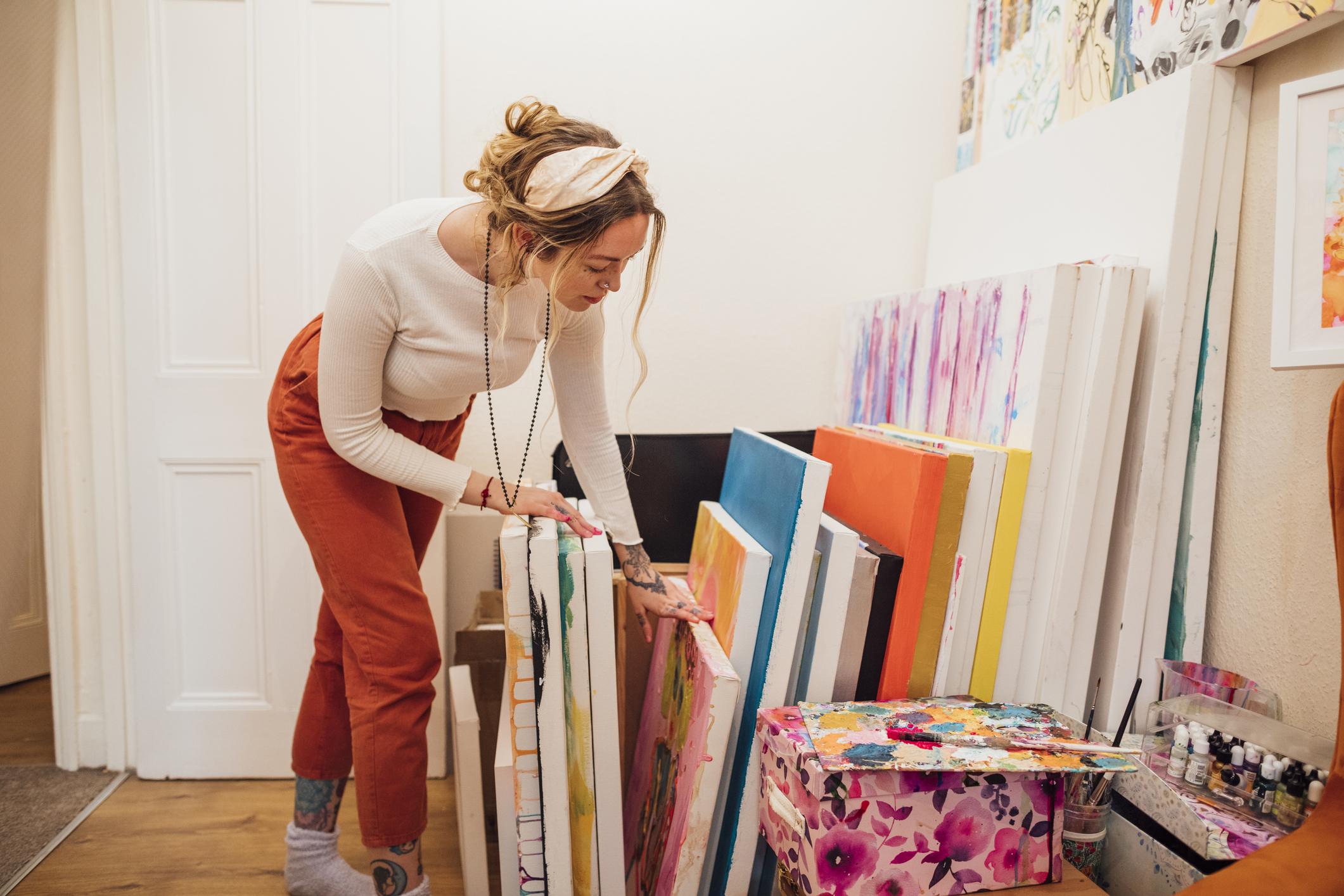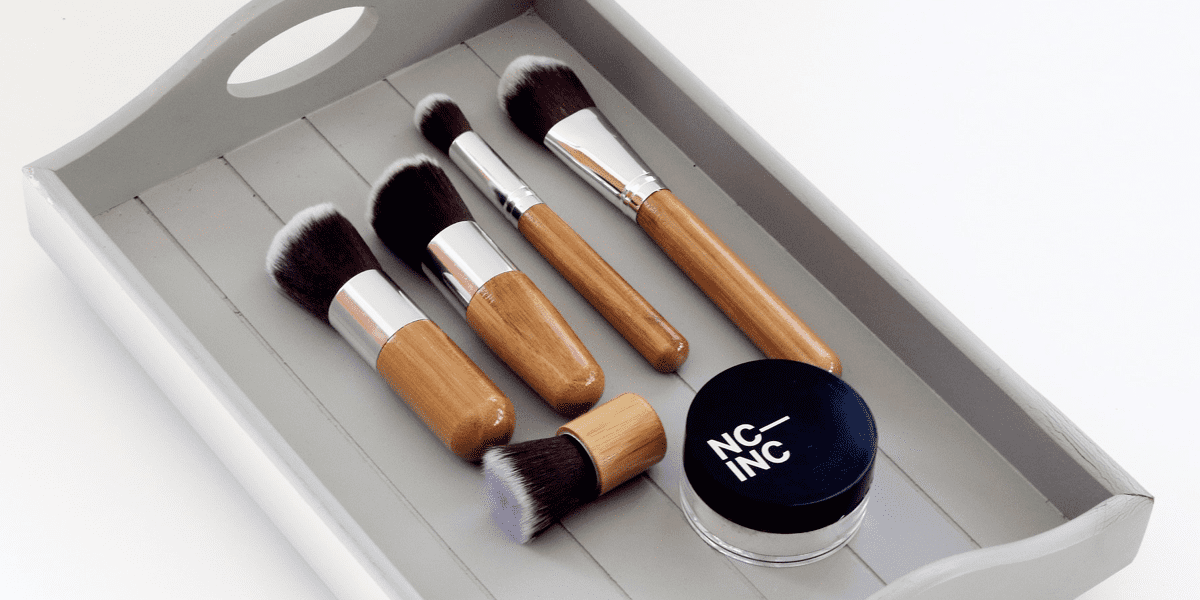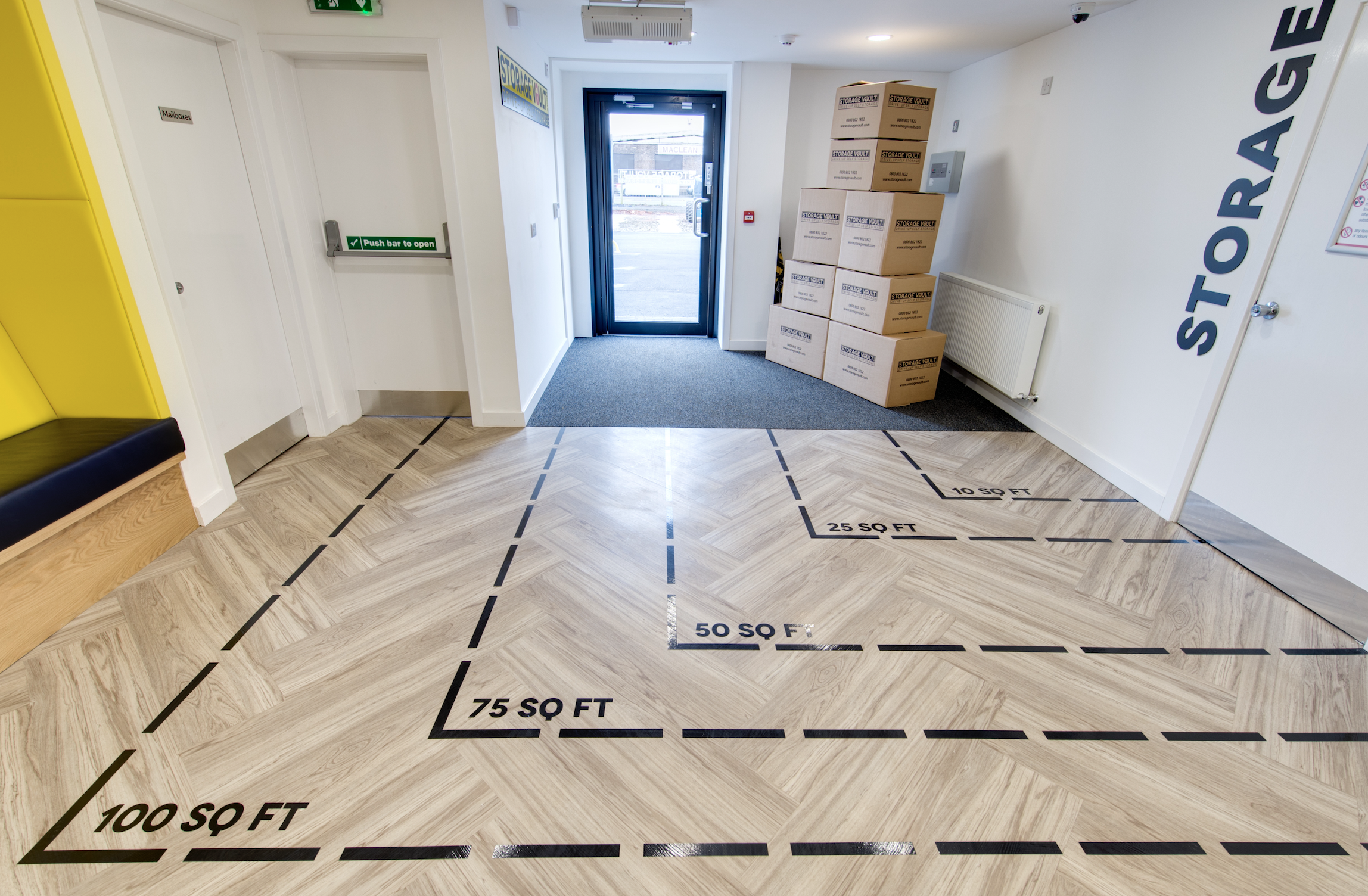How To Store Old Books Safely

Are you drowning in books, forever buying new ones without reading the old, never even considering where you’re going to put them back home?
Or are you simply moving house and needing to get rid of thousands of bridal magazines you’ve gathered over the years. Then every time you start, you think:
‘I’m married now, but my sister isn’t, and what about Helen at work? She might need them’!
Maybe you are lucky enough to have a number of first edition classic novels in your collection. I hear the first edition of Grapes of Wrath can pick up a pretty penny in the plus £20,000 region.
Or, do you have a a number of recipe books that have been passed down from generation to generation, which speak of more than just food to you?
Whether your books have value in the thousands or simply personal value to you, don’t let them get ruined and deteriorated, or lost and forgotten.
Take care of your books to keep them in tip top condition so you can read and love them for many years to come, and perhaps hand them onto another generation to love and care for too.
So, how do you store books safely?

Handle Your Books With Care
Handle your books as if they are a new born child.
Okay, maybe you don’t have to cradle them but at least try to not drop them. If you want to keep your beloved books in the best condition then make sure you handle them with care.
Make sure when you are reading your books you remove them from the shelf gently from the middle of the spine, not from the top. When you are reading them don’t force the book open or flatten it out as it will damage the spine.
Have clean hands and try to avoid having food or drink around them, that’s just an accident waiting to happen.
When you are placing them back on the shelf, try keeping them upright, with the spine facing out just like you would see in a bookstore. It’s a good idea to try and keep similar sized books together for support and to stop warping, however we aren’t going to mess with your alphabetising if that’s what you’re into. And don’t just squeeze in every single book you can jam onto the shelf so you can’t even fit a penny in between them. Let them breathe a little so when you are removing them you aren’t forcing them out. That’s a sure fire way of tearing a jacket.

Avoid Direct Sunlight
Just like Dracula, you’re going to want to keep your books out of direct sunlight, that includes the Bram Stoker novel.
UV rays from the sun that can permanently fade the covers or jackets of your books and yellow the pages. So along with ruining their appearance, (not that we judge a book by its cover) fading can dramatically devalue your books.
Therefore, try and place your bookshelf out of direct sunlight from your windows, or install blinds or window film that is designed to block UV rays. Or even buy UV-resistant plastic book covers, get them wrapped up and protected from the glaring sun.
If you think this is more work than you currently have time for, then you should strongly consider renting a storage unit. Climate controlled, darkened rooms… It’s like a big, cosy bed for your books!

Be Aware Of Humidity
Just like Goldilocks, your books are going to want it not too hot, but not too cold.
To keep it just right, avoid heat sources like air vents and radiators as dry heat like this can crack the spines by melting the glue that holds the book together. Also avoid water and any potential water sources that could leak like old pipes. I don’t think we have to explain how a leak can damage your books, but even condensation from water sources can cause mould to grow.
According to the National Library of Scotland, the ideal temperature for your books is between 16C to 19C, and within the range of 45% to 60% humidity. Try to keep it consistent. Just like us, books don’t appreciate dramatic changes in temperature.

Keep Them Clean and Dust Free
Imagine the scene: books with dirty finger prints and food smudges leaning up against other books that still have a sticky residue of a label left on the cover. Add in some dust falling between the pages, and you will quickly see mould starting to grow. No thanks!
Dusty books might look dramatic and whimsical but unfortunately not only does it make you sneeze (maybe that wasn’t the residue from a label?) but it can actually lead to mould or mildew which can cause stains, and even worse, be a feeding ground to a few nasty bugs (bookworms are a real thing!).
Don’t worry though, it’s an easy fix. Just dust them. Regularly.
Don’t use any sort of chemical cleaners on your books and make sure you’re gentle. It is recommended that you use a magnetic dry cloth to wipe over your books from the spine outwards, with the books held tightly closed.
Don’t forget to check for bits of paper, bookmarks or other clips and things in between the pages before shelving them or packing them away. Certain items can have a higher level of acidity than the paper within and damage books.
A handy tip to minimise dust and still display your collection is to put them in glass fronted cabinets.

Consider Personal Storage
If you are simply at a loss with where to put all your books, then considering storage might be the best idea. Not only is it great to store the lesser used but still beloved books, it’s ideal to keep the ones of monetary value safe from the more temperamental environments of your spare room (we know that’s where the cat tends to sleep!)
A good storage unit should significantly prolong the life of your lovely collection by keeping them in a cool, dry, safe, clean and stable environment that’s safe away from all the nasty sunlight, leaked pipes and careless cats.
You can also organise your collection so you know where they are and pick them up and replace them as needed, making more use of your space at home.
If you have any more questions on how to safely store your books then contact us on 0141 280 8887 or send us a message here.
Also check out our ‘How To Store Series’ on





